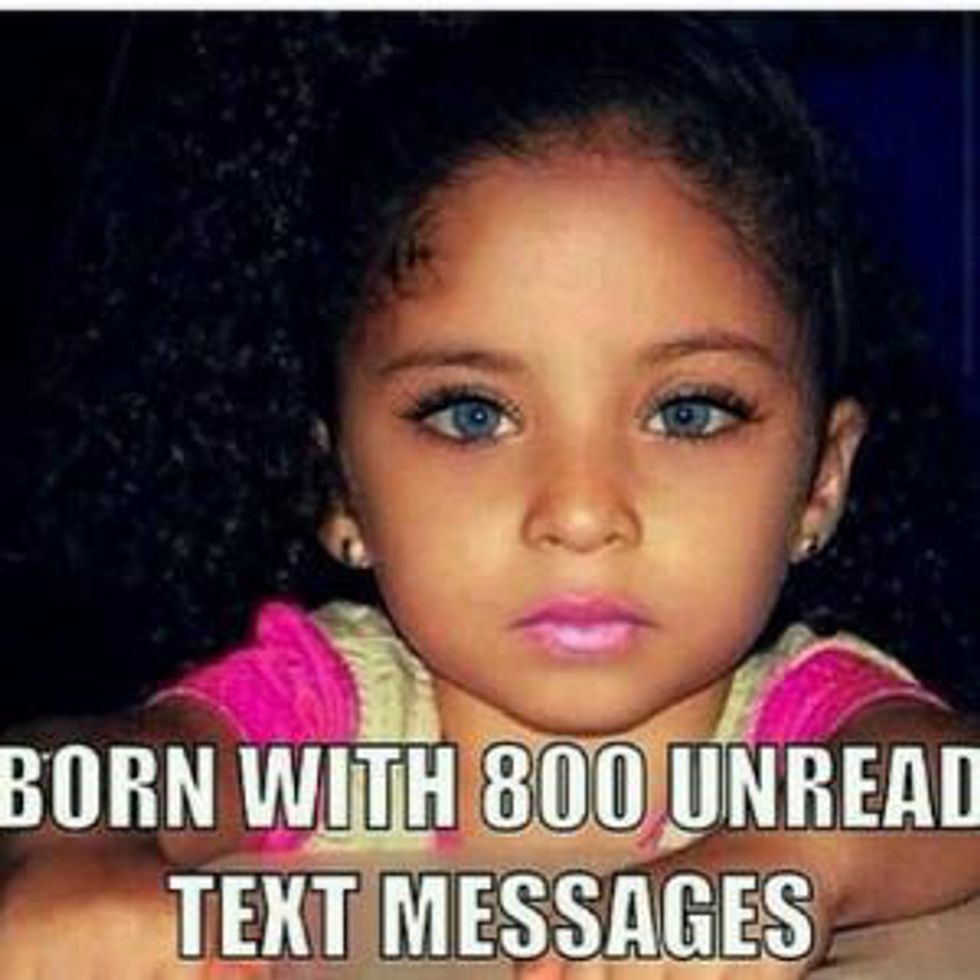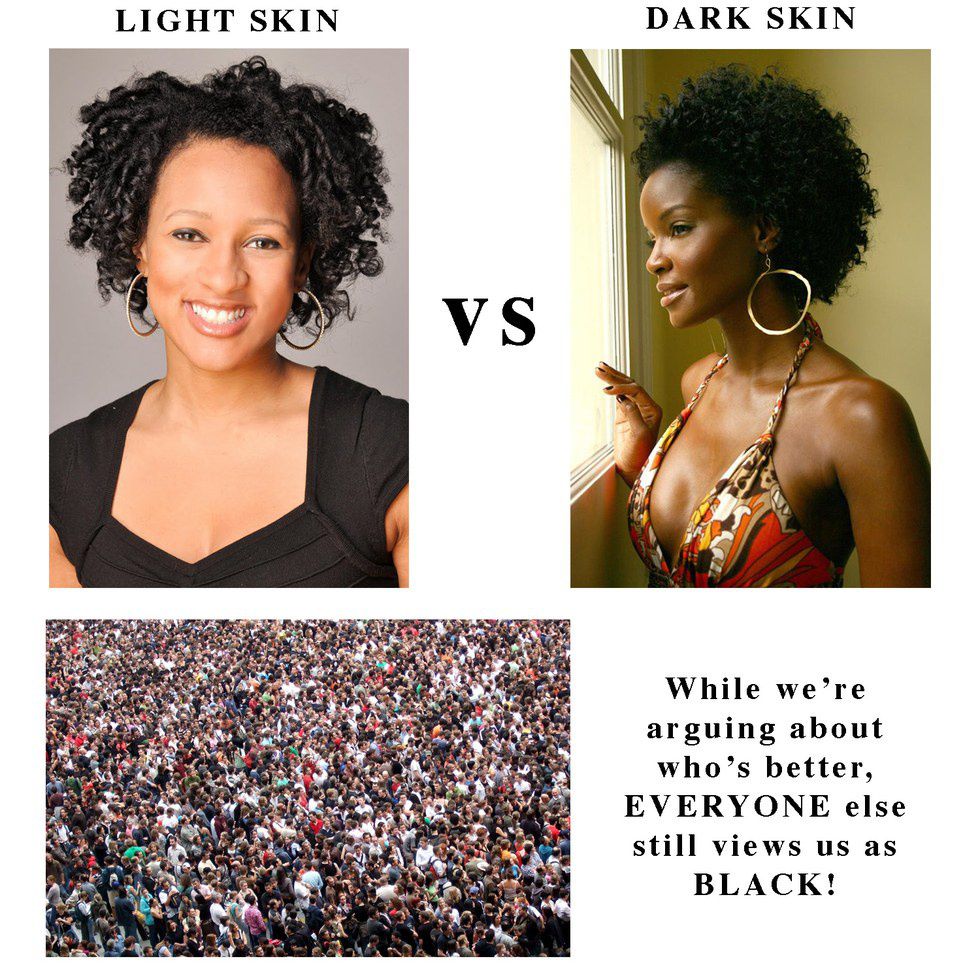Log on to Instagram or Twitter and prepare to see posts like “light skins do it better” or “dark girls are winning.” Next you will probably stumble upon memes stereotyping one skin tone compared to another. It is time for our generation to realize these memes are not harmless jokes anymore. This highly discussed debate needs to end. Enough is enough.
Where did this all begin? Rewind to times of slavery. There was the stereotype that light skinned slaves were given less strenuous tasks and allowed to work in the house while dark skinned slaves were sent to toil in the field. This created a sense of envy based on skin tones. However, skin tone was not the only factor deciding what tasks the slaves were to complete since dark skinned slaves worked in the master’s house as well as light skinned slaves working in the fields.
Fast forward 200 years to present day where social media has a great impact on how we see ourselves and others. Our race has perpetuated a division based on skin tone. Why did this happen? I believe it is because each skin tone became tired of the belittling of each other. Present stereotypes are that light skinned men are weaker and more feminine than dark skinned men. Light skinned women are deemed as uptight and believed to not text people back. These seem semi-harmless, but it is apart of a bigger picture. Darker skinned people for years have tried to take light skinned people’s blackness away from them. For example, it is believed that light skinned people do not experience as much racial oppression compared to dark skinned African Americans. Dark skin stereotypes include being less attractive than light skinned African Americans and have ‘bad hair.’ Across the world, dark skinned Africans have tried dangerous methods to lighten their skin including bleaching which has detrimental facts to their health. And all for what? To be accepted by a community that should already embrace them?
This issue is so prevalent in the African American community, there have been two prominent documentaries created to show the harmful effects of this stereotype. "Dark Girls" premiered in 2011 and highlights the self esteem issues many dark skinned women face. "Light Girls" premiered in 2015 and centers on the prejudices light skinned women often face.
As a light skinned African American, I have heard it all. I have had a guy friend of mine come up to me and say "Meghan, you're light skinned. Why don't you have a boyfriend?" I've heard people say to my dearest friends, "You're really pretty for a dark skinned girl." I have always been raised to be humble and not judge someone on their outward appearance, especially not their skin tone. It broke my heart when I heard a dear friend of mine say her life would be easier if she was just a few shades lighter. I have also heard people call me white because of my lighter skin. It hurts being told I am not the identity I claim, even though I try to shrug off the hurtful comments. The stereotypes given to light skins are not always true. I have faced racial discrimination because I am black. It does not matter how light or dark one is; you will still be seen as black to whites.
Words hurt. Stereotypes hurt. At the end of the day, we are all African American no matter the concentration of melanin in our skin. We share a common history of enslavement, torture, rebellion, and courageousness as generations before us fought for the equality African Americans deserve. Here we are in 2016, tearing each other down. We must stand united now more than ever as police brutality against African Americans is too high. There is too much oppression against us to try and divide our race. African American brothers and sisters it is time to start the healing process after years of belittling each other in order to stand as one united race to tackle on issues as one.






















